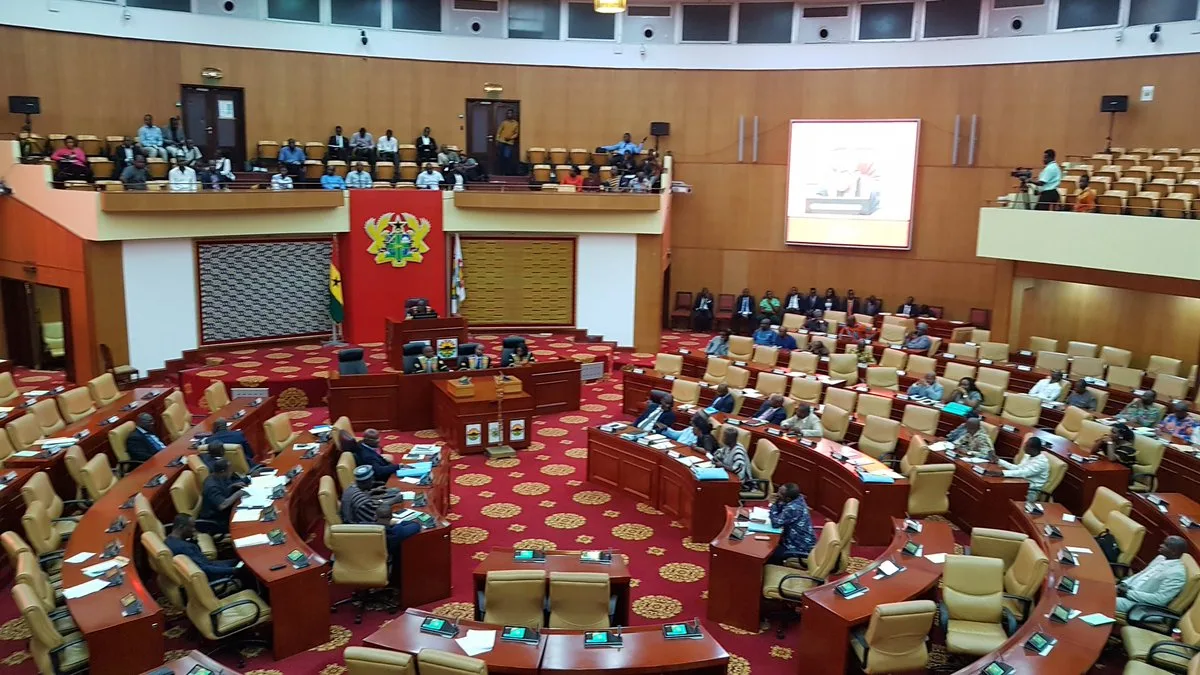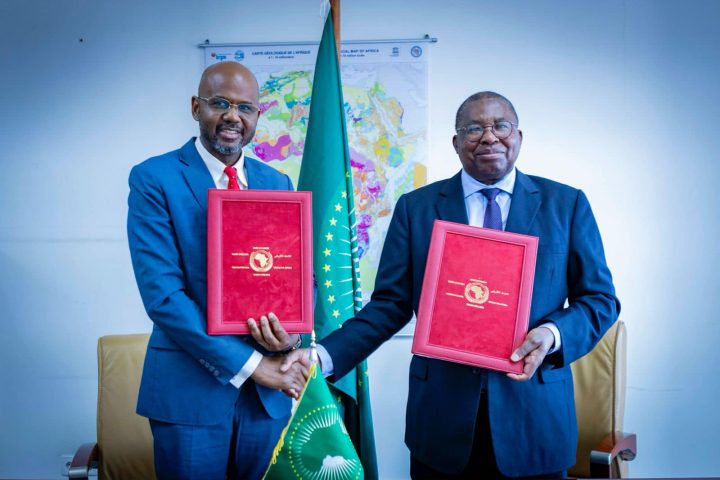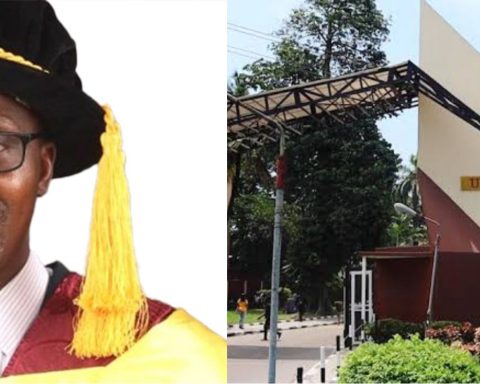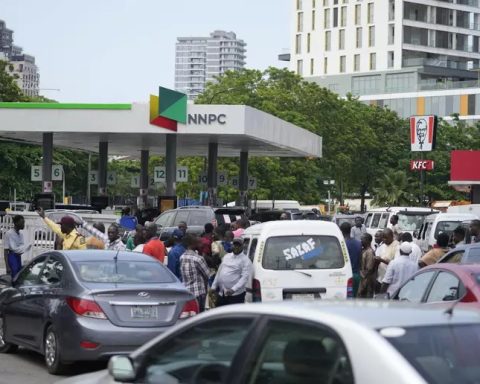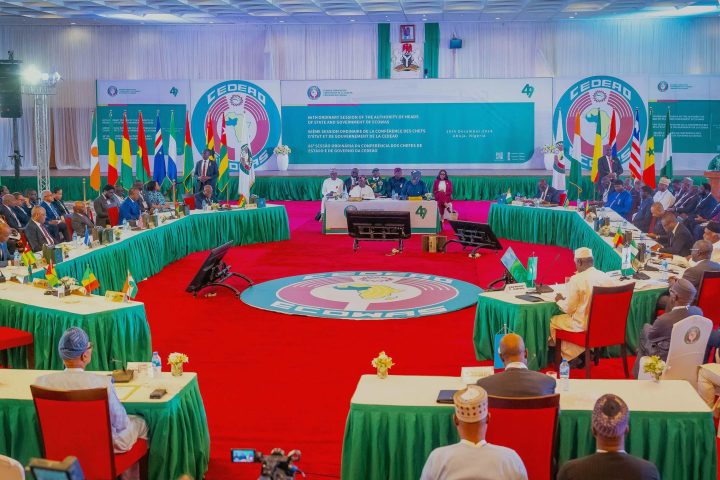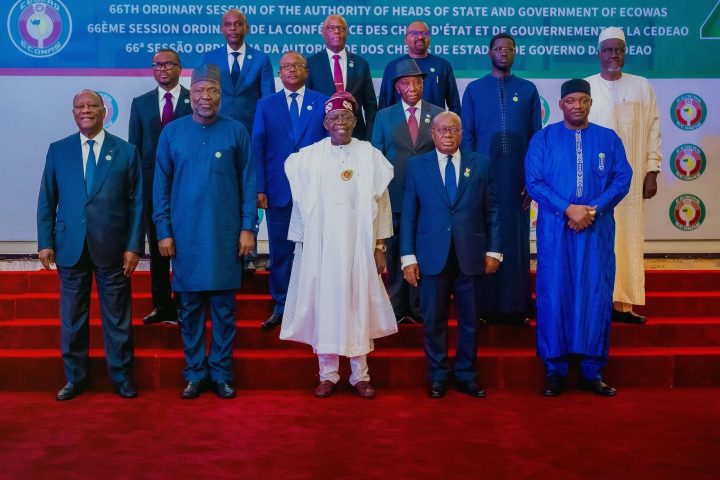A political standoff has erupted in Ghana less than three months to election after the Supreme Court issued a stay on Parliament’s decision to remove four Members of Parliament (MPs) accused of cross-carpeting from their seats. The decision was made in response to a motion filed by Haruna Iddrisu, former Chief Minority Leader and member of the National Democratic Congress (NDC), seeking to declare the seats vacant in accordance with the country’s 1992 Constitution.
Iddrisu argued that the four MPs—Peter Yaw Kwakye-Ackah, Andrew Amoako Asiamah, Kwadjo Asante, and Cynthia Mamle Morrison—had violated Article 97(1)(g) and (h) of the Constitution by defecting from their parties or switching their political affiliations in order to contest the December 2024 elections under different banners. Article 97(1) stipulates that MPs must vacate their seats if they switch parties or attempt to remain in Parliament as independent candidates.
Join our WhatsApp ChannelIn his ruling on Thursday, Speaker of Parliament Alban Bagbin declared that the seats of these four MPs were to be vacated. Peter Yaw Kwakye-Ackah, an NDC MP, had declared himself an independent candidate. Andrew Amoako Asiamah, initially elected as an independent MP, had switched allegiance to the New Patriotic Party (NPP). Meanwhile, NPP MPs Kwadjo Asante and Cynthia Mamle Morrison had both declared themselves independent candidates ahead of the upcoming elections.
READ ALSO: Ghana’s Cedi Set For Potential Rebound As US Federal Reserve Rate Cut Approaches
This decision would have shifted the power balance in Parliament, granting the NDC a majority with 136 seats, while the ruling NPP would hold 135. As the NDC prepared to take control of the House, NPP MPs filed an application with the Supreme Court, seeking an injunction to stop the Speaker’s ruling from taking effect.
A five-member panel of Supreme Court justices, led by Chief Justice Gertrude Torkonoo, heard the case and subsequently issued a stay of execution, effectively blocking the Speaker’s decision from being enforced. The NPP’s legal team argued that Article 97(1)(g) and (h) of the Constitution does not apply to the current term of Parliament and should only take effect in future parliamentary sessions.
For now, the Supreme Court’s decision maintains the NPP’s slim majority in Parliament, preserving the party’s 136 seats while the legal battle continues. The case has sparked intense debate over the interpretation of the Constitution, and political tensions are likely to rise as the December 2024 elections draw nearer.
The NDC has vowed to go ahead with it decision while the NPP remains adamant that the Speaker’s decision was premature and legally flawed.

